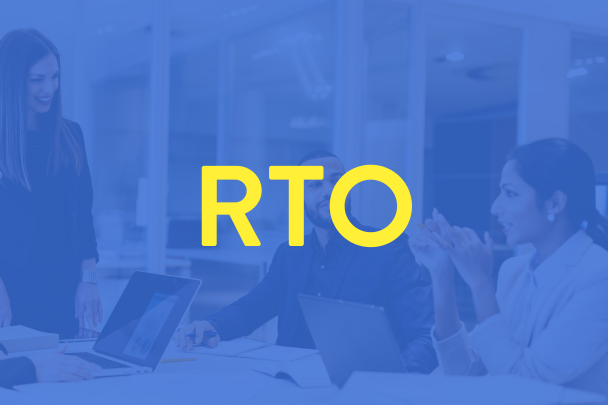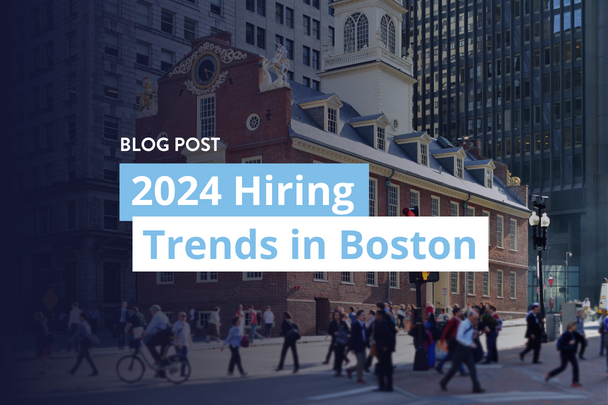You’ve overcome the challenge of finding qualified talent to interview. But now you face an even bigger challenge: interviewing for soft skills. Why is this so important? Because the impact of a bad hire within an organization can have devastating effects on team productivity, success, and most importantly, team morale. What makes interviewing for soft skills so hard is the fact that charisma and charm can camouflage a candidate’s deficiencies. For example, a well-spoken, convincing candidate may be able to talk their way into making you believe they possess the soft skills needed to be successful in the role. I think all hiring managers at one point or another have been a victim of a candidate’s charm. To avoid having to deal with the messy aftermath, be sure you’re properly interviewing for soft skills such as:
1. Leadership Ability
Everyone wants to hire someone who can offer long term value to their organization. That’s why leadership ability is critical, especially for positions with a clear leadership path. You want to ask questions that allow candidates to show how they have handled difficult situations in the past. For example, you could ask the following:
– “Tell me about a time when you had to make a decision that you’d normally have to get approval for but couldn’t.”
– “How have you dealt with a team conflict within your department?”
– “Can you tell me about a time when you had to step up and provide direction for a project that wasn’t going well?”
How the candidate responds to these will give you insight into their natural instincts as it pertains to their leadership ability. Be wary of candidates that talk negatively about their peers or insinuate that they are the only capable person on the team.
2. Collaboration
There’s rarely a position that doesn’t require collaboration. The ability to work as part of a team is critical as the entire team will be impacted. Often there are differing opinions to contend with and not everyone’s ideas will be implemented. During the interview, you’ll want to gain a better understanding of a candidate’s ability to effectively manage him/herself within a team dynamic. Consider asking the following question: “How have you handled working on projects with a co-worker who is always critical of your ideas?”
3. Critical Thinking and Problem Solving
People who can think critically and problem solve are invaluable. They can think on their feet, immediately assess a situation and make decisions based on the evaluation of the various possible outcomes. They may fly under the radar, but in an emergency, they shine. Unfortunately everyone lists problem solving as a top skills these days.
To really assess this skill, ask behavioral questions that show both critical thinking as well as problem solving. While they are similar, there are differences. Critical thinking sometimes may only point out a problem or flaw that no one else was able to see. Problem solving often implies immediate action in the moment. For example, if you’re producing a video and your key speaker doesn’t show up, you have to figure out a solution in that moment to save the project.
Ask your candidate’s the following:
– “Was there ever a time you were able to look at a situation from a perspective no one had previously considered?”
– “Has your unique perspective ever shifted the approach to a particular situation?”
– “Have you ever had a project go off course but were able to step in to get it back on track?”
– “Tell me about a time your plans for a project were derailed and what immediate action you took to adapt.”
4. The Ability to Recognize Their Own Weaknesses
It’s important for all employees, regardless of their experience level, to acknowledge their mistakes and flaws. Their examples don’t have to be of monumental failures to get a sense of their ability to recognize weaknesses in themselves. Often these weaknesses are subtle and can hurt the candidate more than anything else. Taking things personally or having a hard time with feedback are great examples. These are things that often eat away at employees who place a great deal of pressure on themselves to deliver consistently outstanding work. Feedback may be hard for them to hear because they interpret the feedback as being far more critical than it really is. But there are better ways to assess these weaknesses than asking the standard, “What’s your greatest weakness?” Instead, try one of these questions:
– “Tell me about a time when you had to ask for help even though it was hard for you to do so,”
– “What was the feedback process like for you when submitting an indepth project you really wanted to wow your boss with?”
5. Emotional Intelligence
Emotional intelligence determines a lot of our workplace success, especially as managers. While it is often tested on a daily basis, it is probably the most apparent when having difficult conversations. These situations are also telling of a candidate’s communication skills. Simply ask your candidates the following,
– “Tell me about a difficult conversation you had and how it was resolved.”
– “Have you ever had to communicate information you knew wouldn’t be well received? How did you handle it?”
Interviewing for soft skills is certainly a great way to make sure you’re properly assessing your candidates. But you still have to make sure it feels right. If your gut says no, it’s usually right, no matter how well the candidate does in the interview.











